#rossum's universal robots
Text
This is an interesting perspective that give me something to think about.
This article by Evan Ackerman, (January 16, 2024), cites an article written June 9, 1935, by Karel Čapek himself, the author of the play "R.U.R." or "Rossum’s Universal Robots", that introduced the word robot to the modern lexicon where the author states that his invention was intended to be chemical in nature and not mechanical:
Karel Čapek, writing in the third person, states:
"The author of the robots appeals to the fact that he must know the most about it: and therefore he pronounces that his robots were created quite differently—that is, by a chemical path. The author was thinking about modern chemistry, which in various emulsions (or whatever they are called) has located substances and forms that in some ways behave like living matter. He was thinking about biological chemistry, which is constantly discovering new chemical agents that have a direct regulatory influence on living matter; about chemistry, which is finding—and to some extent already building—those various enzymes, hormones, and vitamins that give living matter its ability to grow and multiply and arrange all the other necessities of life."
He felt very strongly about the matter as noted in this quote:
"With outright horror, he refuses any responsibility for the thought that machines could take the place of people, or that anything like life, love, or rebellion could ever awaken in their cogwheels. He would regard this somber vision as an unforgivable overvaluation of mechanics or as a severe insult to life."
32 notes
·
View notes
Text

♪ It is brutal.. to be.. an android!
#tara the android#i feel fantastic#r.u.r.#rossum's universal robots#androids#robots#fortis arbor's art#digital#ms paint#fanart#image described
17 notes
·
View notes
Text

i started reading r.u.r. today... :^]
#r.u.r.#rossum's universal robots#doodle#ms paint#fanart#comic#image described#i like the first scene with radius . the drama builds....
30 notes
·
View notes
Text
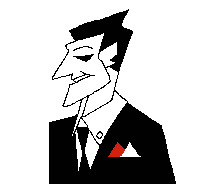
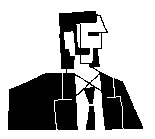

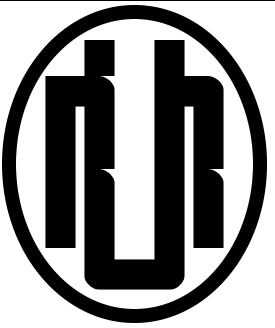
I read Rossum's Universal Robots from cover to cover today and it is rotting my brain a little. I am quite fascinated by the way the world is constructed and the way it is followed through. Act 4/Epilogue was kinda disappointing though.
4 notes
·
View notes
Text
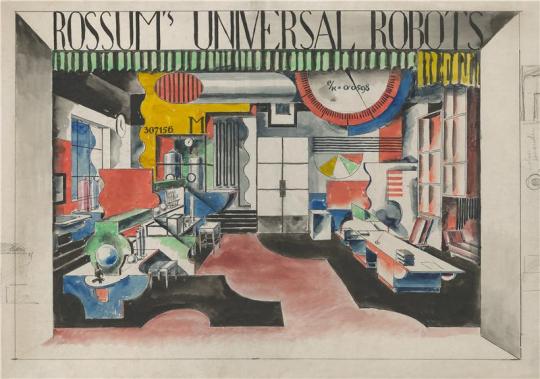

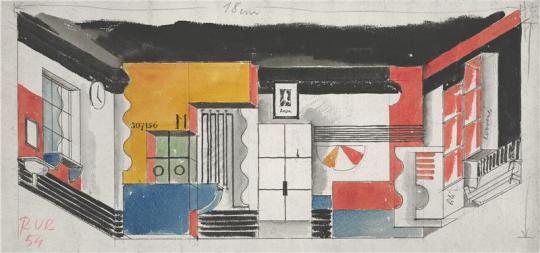
Set designs by Bedřich Feuerstein for a 1921 production of "R.U.R." by Karel Čapek, directed by Vojta Novák.
From Wikimedia Commons.
#bedřich feuerstein#r.u.r.#rur#rossumovi univerzální roboti#rossum's universal robots#art#theatre#image described#ipso post#these looked so cool i had to share them ::-D !!!!!!!!!!!!!!#feel free to correct me on any info in this post. i dont know czech!
13 notes
·
View notes
Text
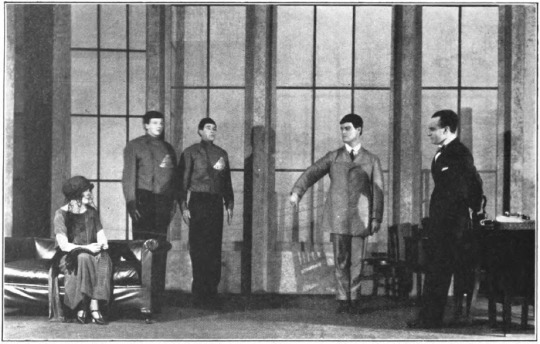
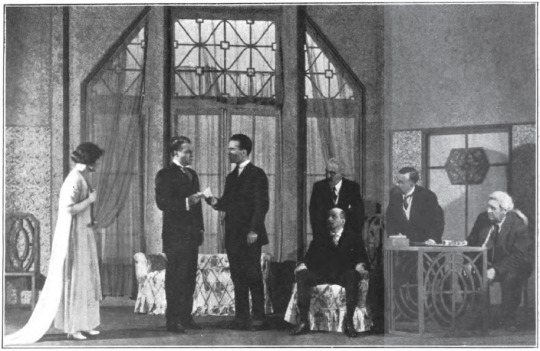
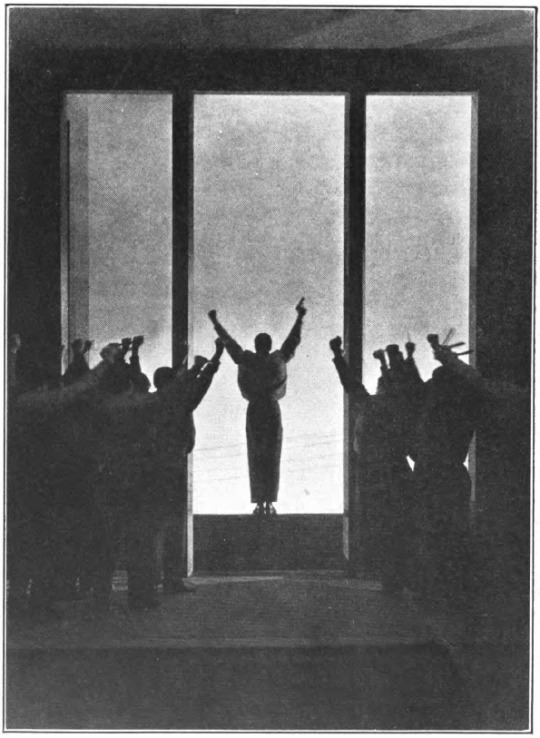
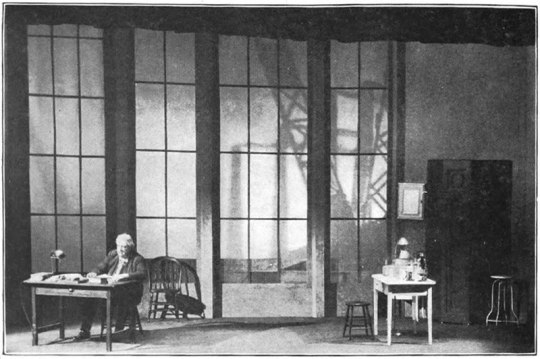
Photos by Francis Bruguière - Karel Čapek, R. U. R., Doubleday, Page & Company, 1923
8 notes
·
View notes
Text
Helena. Why don’t you create a soul for them?
Dr. Gall. That’s not in our power.
Fabry. That’s not in our interest.
Busman. That would increase the cost of production.
- R.U.R. by Karel Čapek
3 notes
·
View notes
Photo

Written in 1920, premiered in Prague in 1921, and first performed in New York in 1922—garnered worldwide acclaim for its author and popularized the word robot. Mass-produced as efficient laborers to serve man, Capek’s Robots are an android product—they remember everything but think of nothing new. But the Utopian life they provide ultimately lacks meaning, and the humans they serve stop reproducing leading to catastrophic results for both man and machine.
2 notes
·
View notes
Note
Heya I’m off doing my own thing but I’m always curious about potential new interests. What is RuR?
Oh, I'm happy to talk about this! R.U.R. is also known as Rossum's Universal Robots, a play that comes from the Czech playwright Karel Čapek. It's set in a near-future science-ficition world where artificial humans have been perfected and are used as a universal labour substitute. The play contains a lot of really interesting themes and a TON of Marxist inspired criticism of capitalist systems. Very much worth checking out, I got to see it live and feel very blessed
1 note
·
View note
Text
#literature#theater#rur#rossum's universal robots#karel capek#science#technology#science fiction#scifi#sff
0 notes
Text
On This Day
9 January 1890
Karel Čapek was born in Malé Svatoňovice, Austria-Hungary.


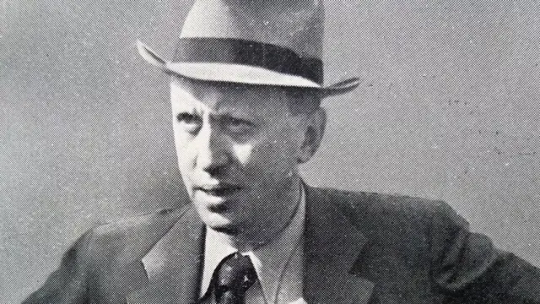
Czech author Karel Čapek is probably best known today for his science fiction works during a time when the genre was relatively new. His most successful work was the play R.U.R. (Rossum's Universal Robots), about a company that creates robots who eventually revolt and destroy humanity. The play, written with his brother Josef, introduced the word "robot" to the English language when it was translated and performed in the UK and the US in 1922 and 1923.
#Karel Čapek#karel capek#czech republic#czechoslovakia#czech#austria#hungary#dramatist#playwright#writer#theatre#theater#robot#robots#rossum's universal robots#R.U.R.#on this day#on this date#19th century#stage play
1 note
·
View note
Text
We love to share the work of our We Players fam! Rossum’s Universal Robots at Cutting Ball Theater is the brainchild of the inimitable Chris Steele. Looking for a spooky satire? This piece has it all: robots, audience participation and the self-imposed destruction of humanity!
Originally debuted in the 1920s, this play is the origin of the word 'robot'. A melodramatic, apocalyptic, Artificial Intelligence satire stemming from the Marxist rumblings of Eastern Europe in that era, RUR predates even the seminal futurist work Metropolis in its examination of how human hubris and the onslaught of advanced technologies might be the downfall of man. Equal parts funny and prescient, this play in the age of AI Chatbots and Robot Police Dogs rings even more harrowing.
0 notes
Text

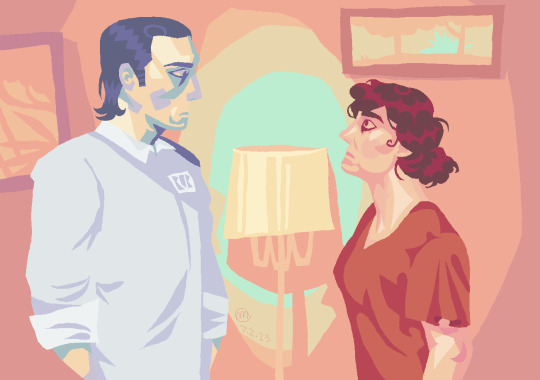
Proč nás nenávidíte?
Why do you hate us?
R.U.R. scene redraws (referenced from Flat Earth Theatre's 2009 production)
#r.u.r.#rur#rossum's universal robots#theatre#fortis arbor's art#digital#ms paint#fanart#image described#first one i love the lighting SO MUCH i was like i have to draw that NOW!!!!!!!!#second one i mostly liked how radius's actor looks.. so i redrew it with my own designs in mind ::-]#but i had to bs his clothes cuz he was wearing a black shirt in the photo so i couldnt see any folds ::-/#artfight who.. i have rossum's robots on my brain......
29 notes
·
View notes
Text
The way this works out represents a significant crystallisation of post-war pessimism, a synthesis of several diverse strands of criticism of science and industrialism.
"Frankenstein's Footsteps: Science, Genetics and Popular Culture" - Jon Turney
#book quote#frankenstein's footsteps#jon turney#nonfiction#karel capek#rossum's universal robots#post war#crystallization#pessimism#synthesis#diverse#criticism#science#industrialism
0 notes
Text
I love that the guy who made HARDAC and by extension the robot duplicants in Batman: The Animated Series is named Karl Rossum. The term robot is derived from a play called Rossum's Universal Robots, written by Karel Čapek. Karel. Rossum.
I love this show
#also 'duplicant' is probably a play on replicant so that's also a Blade Runner/Do Androids Dream of Electric Sheep reference#batman#batman the animated series#batman tas#btas#hardac#duplicant#robot#dc#dc comics#Rossum's Universal Robots#karel capek
0 notes
Text
Karel Čapek - R.U.R.
Divadelní hra Karla Čapka R.U.R., neboli Rossum's Universal Robots, je sci-fi příběh z roku 1920, který je dnes po 100 letech od uvedení snad aktuálnější než kdy dříve. I proto jsem si knihu vybral. A musím říct, že kniha ve mě vzbudila řadu otázek, kam jako lidstvo směřujeme v obležení dnešních technologií. Kniha je notoricky známá tím, že v ní poprvé zaznělo slovo robot, ale to nemusím ani říkat. Zajímavostí ale je, že to nebyl Karel Čapek, který slovo robot vymyslel, ale jeho bratr Josef.
K ději:
Tak trochu bláznivý vynálezce Rossum toužil stvořit umělého člověka, aby dokázal, že svět a lidé nebyli stvořeni Bohem. Jeho synovec inženýr měl kapilističtější plány - po nezdarech svého strýce přišel s hromadnou výrobou umělých lidí, tzv. robotů.
Roboti měli být pracovními nástroji. Vypadali jako lidé, ale neměli duši. Necítili strach, radost, lásku nebo nenávist. Roboti byli to dokonalé pracovní nástroje, které činily to, co jim bylo lidmi přikázáno. Lidstvu měli dopomoci k odstranění práce a sloužení člověka člověku. Cílem bylo stvořit svět, v němž byl lidé byli něčím vyšším a ostatní jim sloužili.
Zde pro mě přišla analogie k tomu, co sleduji dnes. Technologie a služby toho pro nás zajišťují tolik, že lidé leniví a ztrácí svoji lidskost. To samé předpověděl i Čapek, kdy lidstvo díky robotů zahubilo svou nečinností a asi i netrpěním, přišlo o svou podstatu a započalo svou záhubu.
V knize účinkuje řada postav. Vliv robotů na lidstvo, plány ředitele továrny transformovat fungování lidstva - to vše působilo obavy ostatním postavám knihy, ale nikdo neřekl veřejně nic, co si myslí, dokud nebylo pozdě. Nikdo nechtěl přijít o své postavení mezi ostatními nebo o peníze. I to vlastně perfektně vystihuje naše chování - když se nám něco nelíbí, neřekneme to nahlas a přihlížíme konání ostatních, ačkoli nás uvnitř sžírá, jak špatné to je.
Základní předpoklad robotů, že to mají být bezduché stroje, byl porušen. Jak už tomu tak bývá, my muži jsme slabí a snadno podlehneme ženám. Jeden pracovník továrny začal na žádost ženy, kterou miloval, vyvíjet roboty s duší, kteří by se co nejvíce podobali lidem. Tito roboti se chtějí co nejvíce podobat lidem - bohužel se zaměřili na tu asi nejhorší lidskou vlastnost: nenávist. Protože nikdo nedokáže nenávidět tak jako člověk, konat zlo pro potěšení. Lidstvo se po staletí vyvražďovalo a ovládalo jeden druhého. Roboti s takto vyšší inteligencí chápalo svou podřazenost vůči člověku a toužilo po své nadřazenosti po ostatních, což vyústilo v snahu vyvraždit celé lidstvo a nastolit vládu robotů. Až mě mrazí, ale na druhou stranu v lidech je především dobro, takže to s námi není zas až tak zlé.
Tato krátká kniha se mi velmi líbila, a to pro svoji nadčasovost v oblasti lidí a technologií, ale také kvůli chování hlavních postav, které z důvodu jejich vnitřního strachu a chamtivosti vedly až k konci lidstva.
0 notes